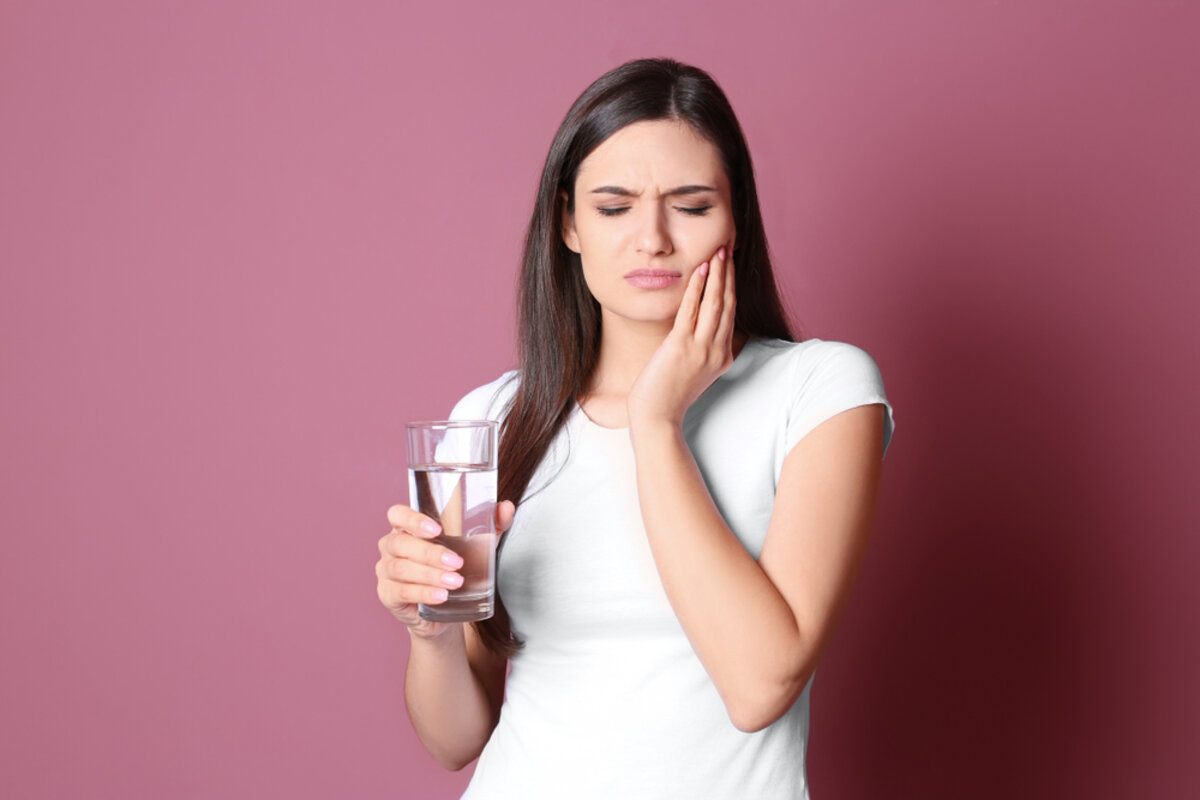A dental cleaning is an essential procedure for maintaining oral health, but it’s not uncommon for patients to report increased sensitivity afterward. While this can be a cause for concern for many, understanding the reasons behind this sensitivity and the steps one can take to alleviate it can offer relief.
What Causes Sensitivity Post-Cleaning?
Dental Scaling and Root Planing
During a professional dental cleaning, your dentist or hygienist might perform scaling and root planing to remove plaque and tartar build-up from your teeth and below the gum line. This procedure can sometimes expose dentin, the softer inner part of the tooth, leading to increased sensitivity.
Irritation to the Gum Tissues
The tools and techniques used during cleaning can occasionally irritate the gums, especially if there was significant plaque and tartar build-up. When the gums are irritated, they may temporarily recede slightly, exposing parts of the tooth roots that are not covered by hard enamel. This exposure can result in heightened sensitivity.
Is Tooth Sensitivity After Dental Cleaning Normal?
While tooth sensitivity after a dental cleaning is relatively common, it should start to diminish within several days to a week. If the sensitivity persists beyond this point or is particularly severe, it may be indicative of another issue.
Persistent Sensitivity
If you notice that the sensitivity isn’t subsiding after a week, reach out to your dentist. There could be other factors at play, such as a cavity or a damaged dental restoration.
Signs of Infection
While rare, it’s possible for an infection to develop after dental procedures. If you notice swelling, severe pain, or any discharge, contact your dentist immediately.
Managing Tooth Discomfort After Your Appointment
For most patients, the sensitivity experienced after a cleaning is temporary. However, knowing how to manage this discomfort can make the post-cleaning period more bearable.
Use a Sensitivity Toothpaste
There are toothpastes designed specifically to address tooth sensitivity. They often contain ingredients like potassium nitrate or strontium chloride, which can help block pain signals from exposed dentin.
Soft-Bristled Toothbrush
Opt for a soft-bristled toothbrush, which is gentler on both the enamel and the gums. Additionally, ensure you’re brushing with proper technique — using a light touch and avoiding aggressive horizontal motions.
Avoid Extremely Hot or Cold Foods and Beverages
Directly after your cleaning, it might be beneficial to avoid foods and drinks that are either very hot or very cold. Extreme temperatures can exacerbate the feeling of sensitivity.
Over-the-Counter Pain Relievers
If the sensitivity is causing considerable discomfort, consider taking an over-the-counter pain reliever as directed. However, always consult with your dentist or physician before starting any medication.
Conclusion
Experiencing tooth sensitivity after a dental cleaning can be unsettling, but with the right knowledge and care strategies, you can navigate this temporary discomfort effectively. Always keep in mind the importance of these cleanings for your overall oral health and never hesitate to reach out to your dental professional with any concerns or questions. Remember, they’re there to help ensure your smile remains both beautiful and healthy. Contact Indian Trail Dental today to learn more about the normalities of tooth sensitivity after a dental cleaning.



